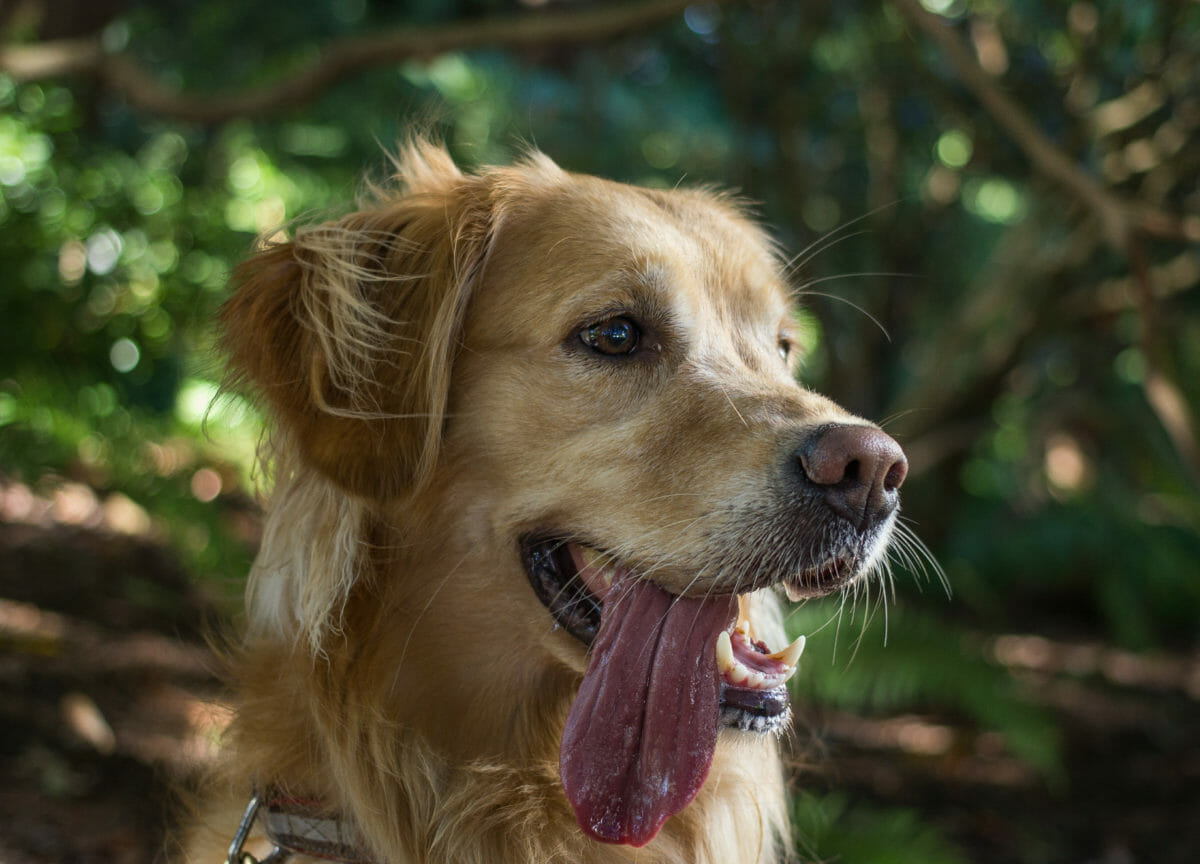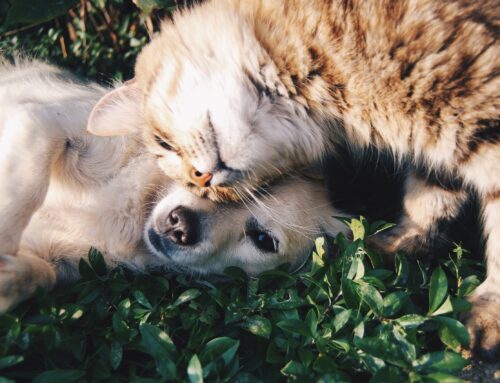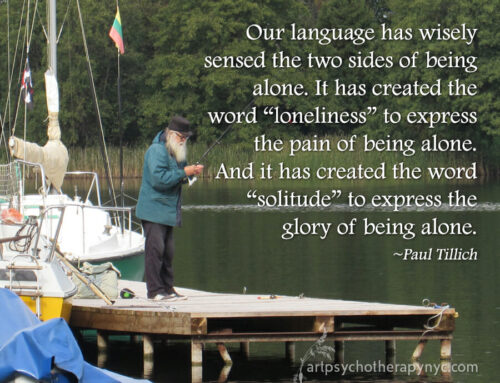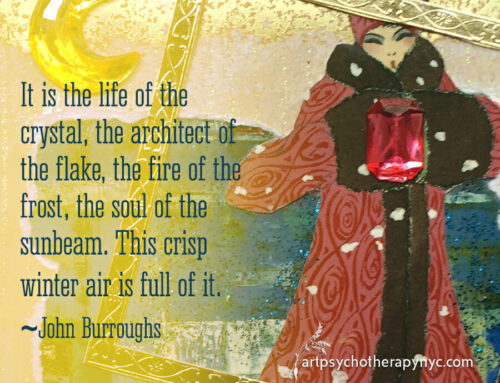Pet Loss Guilt is one of the most common feelings people experience after the death of a pet.
Death in general elicits a wide array of feelings of helplessness and loss of control, and often pet owners feel like there was something else they could have done to halt death.
As a pet owner, you’ve taken on the responsibility to care for your pet throughout its life, so it makes sense that you may feel like you’ve let your pet down or failed to protect your pet from death. Despite our best intentions, we have limits as humans and we need to accept our fallibility. If you are feeling trapped in “should have, could have, would have…” type of thinking and feeling overwhelmed by failure, I want to remind you that most likely, you did the best you could for your pet.
If your pet died suddenly in a tragic way, or seemingly because of something you did or did not do, it’s natural that the feelings of guilt are going to be more intense and more challenging to let go. It can be tempting to hang onto your guilt as a way to stay connected to your pet or as a way to “punish” yourself. It is enormously tragic and traumatic to lose you pet as a result of a circumstance that might have been preventable, but your suffering should have a limit. If you’ve lost your pet in this type of way, be kind to yourself.
Among the many great qualities that animals possess is their ability to forgive. Rarely do they hold a grudge for more than a few minutes. Your pet would forgive you of anything. You are allowed to forgive yourself.
One of the best ways to work through guilt is to tap into the altruistic part of yourself.
If you feel you have been responsible for your pet’s death, attempting to regain control and offer something good to the world may help you feel better. By volunteering somewhere, or doing something to honor your pet that gives back to the larger community, your guilt can be transformed into something productive and positive.
“We are all on a life long journey and the core of its meaning, the terrible demand of its centrality is forgiving and being forgiven.” ~Martha Kilpatrick






